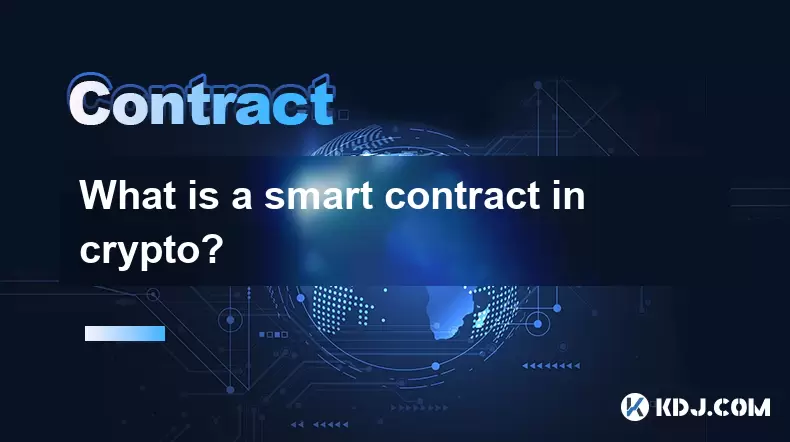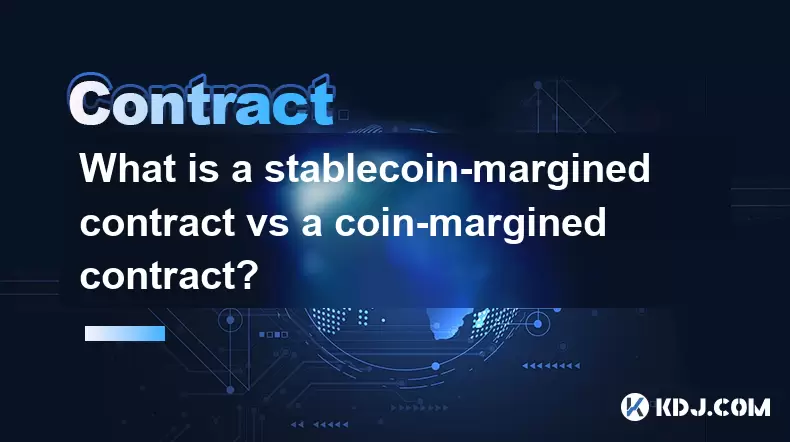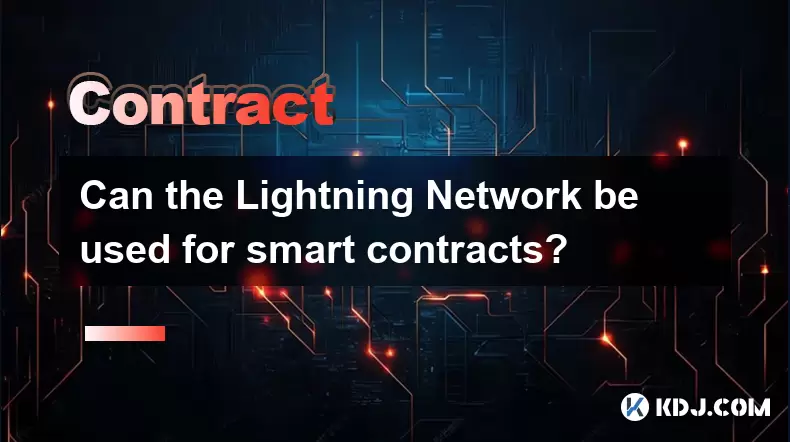-
 Bitcoin
Bitcoin $118,209.3536
1.16% -
 Ethereum
Ethereum $3,151.7546
5.98% -
 XRP
XRP $2.9277
2.35% -
 Tether USDt
Tether USDt $1.0000
0.00% -
 BNB
BNB $689.7099
1.26% -
 Solana
Solana $163.4270
1.91% -
 USDC
USDC $1.0000
0.02% -
 Dogecoin
Dogecoin $0.1983
3.74% -
 TRON
TRON $0.3008
0.51% -
 Cardano
Cardano $0.7435
2.86% -
 Hyperliquid
Hyperliquid $47.6547
-0.48% -
 Stellar
Stellar $0.4625
2.79% -
 Sui
Sui $3.9921
2.71% -
 Chainlink
Chainlink $16.0608
4.23% -
 Hedera
Hedera $0.2348
1.56% -
 Bitcoin Cash
Bitcoin Cash $496.6985
1.25% -
 Avalanche
Avalanche $21.9038
5.41% -
 UNUS SED LEO
UNUS SED LEO $8.8356
-1.88% -
 Shiba Inu
Shiba Inu $0.0...01364
5.31% -
 Toncoin
Toncoin $3.1102
4.35% -
 Litecoin
Litecoin $95.9756
3.59% -
 Polkadot
Polkadot $4.0925
5.78% -
 Monero
Monero $333.7622
-1.44% -
 Uniswap
Uniswap $9.1968
2.25% -
 Bitget Token
Bitget Token $4.6378
6.23% -
 Pepe
Pepe $0.0...01282
6.77% -
 Dai
Dai $1.0002
0.03% -
 Ethena USDe
Ethena USDe $1.0005
0.00% -
 Aave
Aave $329.9143
4.49% -
 Bittensor
Bittensor $441.4995
6.89%
What is a smart contract in crypto?
Smart contracts are self-executing agreements on blockchain, automating transactions and enabling decentralized apps without intermediaries.
Jul 13, 2025 at 01:49 pm

Understanding Smart Contracts in Cryptocurrency
A smart contract is a self-executing agreement with the terms of the contract directly written into lines of code. It runs on blockchain technology and automatically enforces and executes the conditions of a contract when predefined rules are met. In the context of cryptocurrency, smart contracts play a critical role in enabling decentralized applications (dApps) and automating financial transactions without the need for intermediaries.
Smart contracts are stored on the blockchain, making them immutable and transparent. This means once deployed, their code cannot be altered, ensuring trust among participants who can verify the contract's logic independently.
How Do Smart Contracts Work?
Smart contracts operate based on if-then logic. When a specific condition is met, the contract triggers an action. For example, if a user sends a certain amount of cryptocurrency to a smart contract address, then the contract might release a digital asset or execute a transaction.
Here’s a breakdown of how this works:
- Deployment: A developer writes the smart contract code using languages like Solidity (commonly used on Ethereum).
- Execution: Once deployed on the blockchain, the contract waits for external inputs or events to trigger its functions.
- Interaction: Users interact with the contract by sending transactions that meet the conditions coded within it.
- Finalization: Upon meeting all specified conditions, the contract performs its intended function, such as transferring tokens or updating data on the blockchain.
Use Cases of Smart Contracts in Crypto
Smart contracts have revolutionized various industries beyond finance by enabling automation and decentralization. Some common use cases include:
- Decentralized Finance (DeFi): Smart contracts power lending platforms, decentralized exchanges (DEXs), and yield farming protocols by automating interest calculations and fund transfers.
- Non-Fungible Tokens (NFTs): Artists and creators use smart contracts to tokenize digital assets, manage royalties, and ensure provenance tracking.
- Supply Chain Management: Companies leverage smart contracts to automate payments upon delivery confirmation, enhancing transparency and reducing fraud.
- Gaming: Blockchain-based games use smart contracts to handle in-game purchases, ownership verification, and reward distribution.
Security Considerations in Smart Contracts
While smart contracts offer numerous benefits, they also come with security risks. Since they are immutable, any bugs or vulnerabilities in the code cannot be corrected after deployment. High-profile incidents like the DAO hack on Ethereum have highlighted these concerns.
Key security practices include:
- Code Auditing: Developers should perform thorough audits of smart contract code before deployment.
- Testing: Use testnets and simulate real-world scenarios to identify potential flaws.
- Formal Verification: Apply mathematical proofs to confirm that the contract behaves as intended under all conditions.
- Gas Optimization: Efficient coding helps reduce transaction costs and prevent denial-of-service attacks.
Developing Your First Smart Contract
Creating a basic smart contract involves several steps. Here's a simplified guide to help beginners get started:
- Choose a Blockchain Platform: Ethereum is the most popular platform for smart contract development due to its mature ecosystem and tooling support.
- Learn Solidity: Study Solidity, the primary programming language for writing Ethereum smart contracts.
- Set Up Development Tools: Install tools like Remix IDE, Truffle, Ganache, and MetaMask wallet for testing and deployment.
- Write the Contract: Start with simple contracts like token transfers or voting systems before moving to complex logic.
- Deploy on Testnet: Use Ropsten or Rinkeby testnets to deploy and interact with your contract without spending real Ether.
- Interact via Wallet: Connect your MetaMask wallet to the deployed contract and send transactions to test functionality.
Frequently Asked Questions (FAQs)
What happens if a smart contract has a bug after deployment?
If a bug exists in a deployed smart contract, it cannot be modified directly due to the immutability of blockchain. Developers may choose to create a new contract and migrate users, but this process can be complex and risky.
Can anyone read the code of a smart contract?
Yes, since smart contracts are deployed on public blockchains, anyone can view and audit their source code. This transparency enhances trust and allows for community scrutiny.
Are smart contracts legally binding?
The legal enforceability of smart contracts varies by jurisdiction. While some countries recognize them as valid agreements, others require additional legal frameworks to grant them full legal status.
Do all cryptocurrencies use smart contracts?
No, not all cryptocurrencies support smart contracts. Bitcoin, for instance, has limited scripting capabilities compared to platforms like Ethereum, which are specifically designed for smart contract execution.
Disclaimer:info@kdj.com
The information provided is not trading advice. kdj.com does not assume any responsibility for any investments made based on the information provided in this article. Cryptocurrencies are highly volatile and it is highly recommended that you invest with caution after thorough research!
If you believe that the content used on this website infringes your copyright, please contact us immediately (info@kdj.com) and we will delete it promptly.
- Bitcoin's Bullish Run: Demand Surges, Correction Unlikely?
- 2025-07-16 12:30:12
- MetYa, Conflux Network, and SocialFi: Building the Future of Web3
- 2025-07-16 12:30:12
- Cantor Fitzgerald, Bitcoin, and SPAC Acquisitions: A New York Perspective
- 2025-07-16 10:30:12
- PoL v2 and BeraChain: Building a Stronger Blockchain Ecosystem
- 2025-07-16 10:30:12
- Bitcoin, Social Media, and FOMO: A New Yorker's Take on the Crypto Craze
- 2025-07-16 10:50:12
- GameStop, Bitcoin, and the Inflation Hedge: A New York Perspective
- 2025-07-16 08:30:12
Related knowledge

What is a stablecoin-margined contract vs a coin-margined contract?
Jul 15,2025 at 06:36pm
Understanding the Difference Between Stablecoin-Margined Contracts and Coin-Margined ContractsIn the world of cryptocurrency derivatives, margin plays...

How to backtest a Bitcoin futures trading strategy?
Jul 15,2025 at 11:35am
Understanding Bitcoin Futures TradingBitcoin futures trading involves contracts to buy or sell Bitcoin at a predetermined price and date in the future...

Psychology of trading Bitcoin contracts
Jul 13,2025 at 02:50am
Understanding the Emotional Rollercoaster of Bitcoin Futures TradingBitcoin contract trading, especially in the form of futures, introduces a high lev...

Can the Lightning Network be used for smart contracts?
Jul 14,2025 at 11:28pm
Understanding the Lightning Network's Core FunctionalityThe Lightning Network is a second-layer solution built on top of blockchain protocols like Bit...

How does macroeconomic news affect Bitcoin futures prices?
Jul 15,2025 at 04:56pm
Understanding the Relationship Between Macroeconomic News and Bitcoin FuturesBitcoin futures are derivative contracts that allow traders to speculate ...

Best time of day to trade Bitcoin contracts?
Jul 13,2025 at 05:29am
Understanding Bitcoin Contracts and Their VolatilityBitcoin contracts, particularly futures contracts, are derivative instruments that allow traders t...

What is a stablecoin-margined contract vs a coin-margined contract?
Jul 15,2025 at 06:36pm
Understanding the Difference Between Stablecoin-Margined Contracts and Coin-Margined ContractsIn the world of cryptocurrency derivatives, margin plays...

How to backtest a Bitcoin futures trading strategy?
Jul 15,2025 at 11:35am
Understanding Bitcoin Futures TradingBitcoin futures trading involves contracts to buy or sell Bitcoin at a predetermined price and date in the future...

Psychology of trading Bitcoin contracts
Jul 13,2025 at 02:50am
Understanding the Emotional Rollercoaster of Bitcoin Futures TradingBitcoin contract trading, especially in the form of futures, introduces a high lev...

Can the Lightning Network be used for smart contracts?
Jul 14,2025 at 11:28pm
Understanding the Lightning Network's Core FunctionalityThe Lightning Network is a second-layer solution built on top of blockchain protocols like Bit...

How does macroeconomic news affect Bitcoin futures prices?
Jul 15,2025 at 04:56pm
Understanding the Relationship Between Macroeconomic News and Bitcoin FuturesBitcoin futures are derivative contracts that allow traders to speculate ...

Best time of day to trade Bitcoin contracts?
Jul 13,2025 at 05:29am
Understanding Bitcoin Contracts and Their VolatilityBitcoin contracts, particularly futures contracts, are derivative instruments that allow traders t...
See all articles

























































































